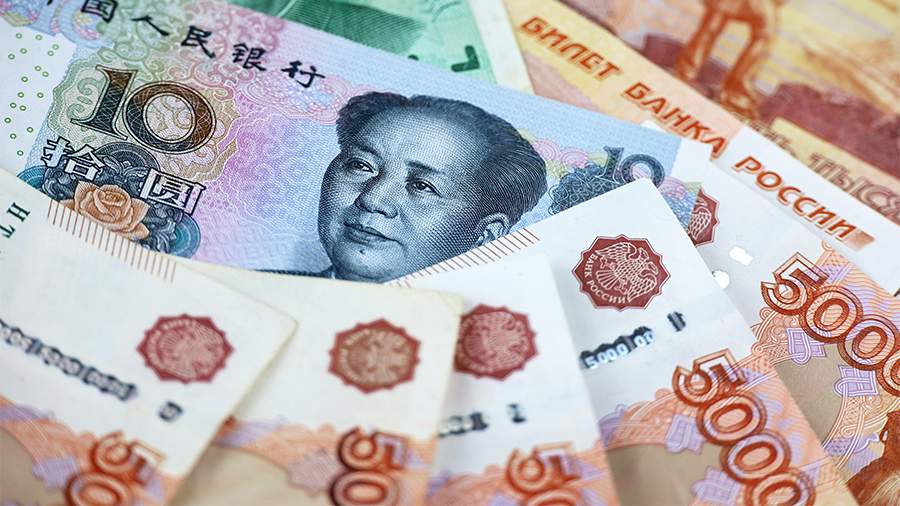
Jeffrey Sachs: More Nations to abandon using the dollar for trade
By Rhod Mackenzie
More nations worldwide will gradually shift away from using the dollar in international trade and instead use their national currencies. Professor Jeffrey Sachs, an economist at Columbia University in the United States, shared this opinion with Izvestia on January 5.
“I do not believe that a single currency will replace the dollar, but there are various ways to avoid using a US-based banking system,” the specialist stated.
Sachs also outlined three upcoming changes. Firstly, states will regularly agree to use each other's currencies on a bilateral basis. Secondly, the role of currencies from several countries, such as the Chinese yuan, will increase in global trade. Additionally, the professor mentioned that major international organisations, such as BRICS, will establish internal payment systems that do not rely on the US dollar.
The economist also forecasted that several central banks will adopt digital currencies, thereby enhancing their global influence.
Regarding the Russian economy and the ruble, Sachs highlighted that the national currency will be increasingly used to avoid settlements in dollars, as has been happening over the past two years. He believes that the ruble, as the key currency of the BRICS countries, will play a significant role in the transition to non-dollar payments.
Earlier that day, Vasily Koltashov, the director of the Institute of a New Society and an economist, spoke with Izvestia and suggested that the BRICS+ countries could introduce a single currency that would challenge the dollar's status as the dominant reserve currency in international payments. He believes that this currency would reduce the dollar's market share in countries where the United States currently holds sway.
On December 26, Russian President Vladimir Putin announced that, during its chairmanship of the Commonwealth of Independent States in 2024, Russia intends to collaborate with partners in the organization to expand settlements in national currencies. The aim is to ensure the economic and financial sovereignty of countries more reliably.
